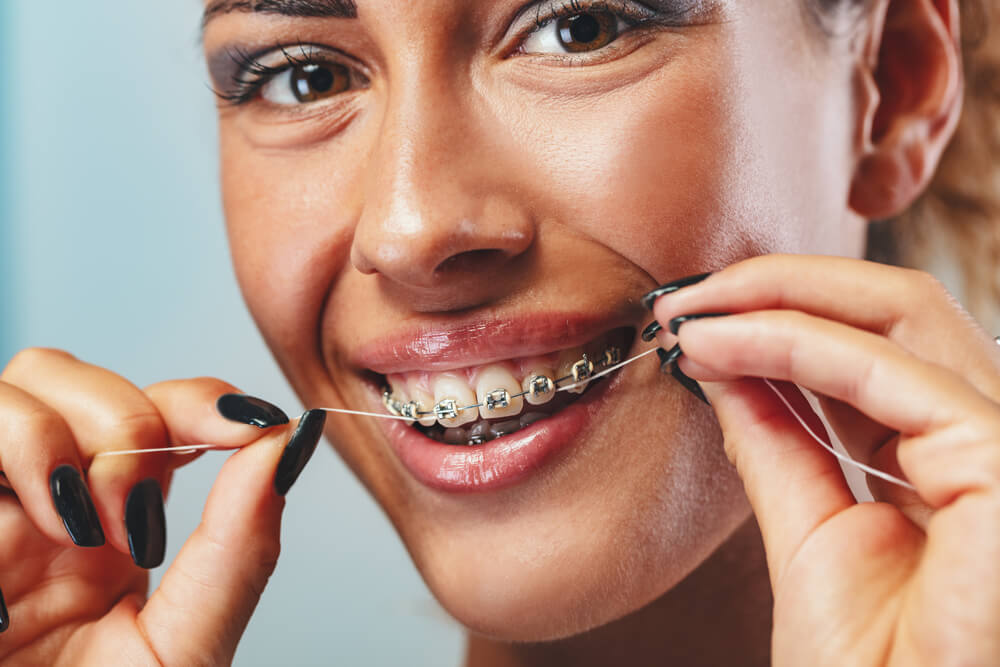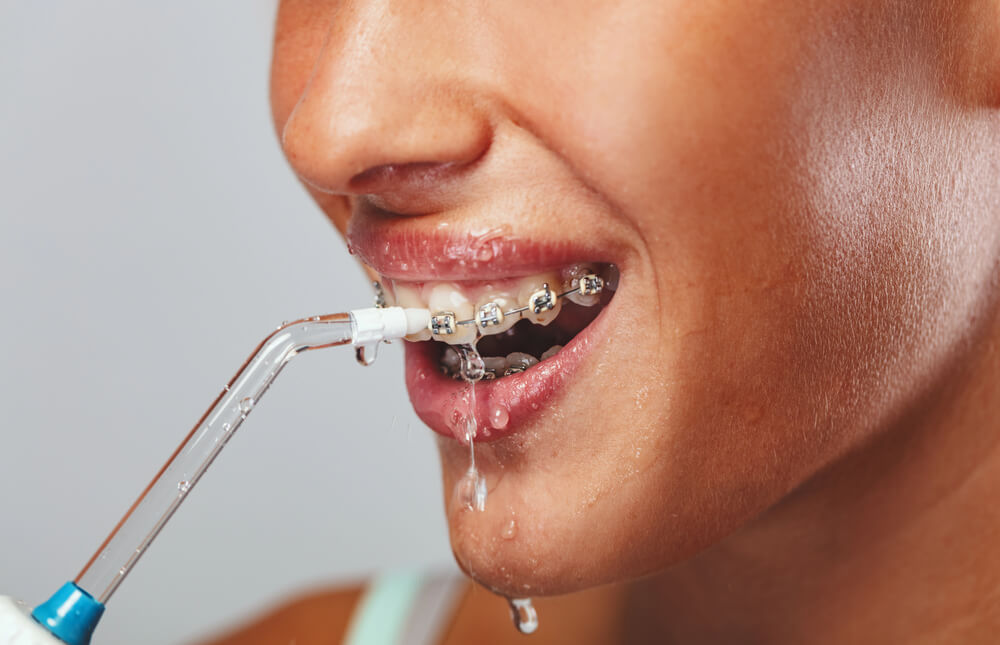Flossing might seem like an extra chore, especially when you have braces, but what happens if you don’t floss with braces? Skipping this step can lead to some serious consequences. If you’re wearing braces, flossing is non-negotiable. Here’s an overview of the risks associated with not flossing, especially if you have braces.
The Risks of Not Flossing With Braces

When you have braces, food particles and plaque can easily get trapped between the brackets and wires. This makes it harder to clean your teeth effectively, which is why flossing is even more important during orthodontic treatment. By not flossing with braces, you risk a buildup of plaque, which can lead to cavities, gum disease, and even bad breath.
How Long Can You Go Without Flossing With Braces?
You might wonder, “How long can I go without flossing with braces?” The answer is simple: not long at all. Even skipping a day or two can start to cause issues. Plaque begins to form within 24 hours and can harden into tartar, which is much more difficult to remove and can only be cleaned by a dental professional. Consistent daily flossing is key to preventing these problems.
What Happens If You Skip Flossing?
There are several risks associated with not flossing. The consequences are more than just a bit of bad breath. Here’s a rundown of what can happen:
- Plaque Buildup: Without regular flossing, plaque accumulates, leading to tartar formation. Tartar can cause decay and gum disease.
- Cavities: Food particles trapped between teeth and braces can cause cavities, especially if you don’t remove them with flossing.
- Gum Disease: Gingivitis, the early stage of gum disease, can develop. This includes symptoms like red, swollen, and bleeding gums.
- Prolonged Treatment: Poor oral hygiene can extend the time you need to wear braces. Gum inflammation can slow down the movement of your teeth.
- Permanent Damage: In severe cases, not flossing can lead to periodontitis, a serious gum infection that damages the soft tissue and destroys the bone supporting your teeth.
To avoid these issues, it’s important to know how to floss with braces correctly.
Flossing Options for Braces

One way to ensure effective flossing is to use a floss threader. This simple tool helps you get the floss under the archwire, making it easier to clean between your teeth.
You can also try water flossers or orthodontic flossers. Water flossers can be a great alternative if traditional flossing is too challenging. They use a stream of water to remove food particles and plaque. Orthodontic flossers are specially designed floss picks for people with braces.
You should also remember to be gentle and consistent. Take your time, be gentle to avoid damaging your gums or braces, and make flossing a part of your daily routine. It only takes a few minutes but makes a significant difference in your oral health.
Maintaining good oral hygiene with braces will help you achieve the best results from your orthodontic treatment. Flossing may seem like a small task, but its impact on your dental health is substantial.
Complications Happen If You Don’t Floss With Braces
It’s important to understand what happens if you don’t floss with braces. It can lead to other issues that could delay the results you’re hoping to see with treatment. Proper dental care is especially important if you have braces. For top-notch and personalized orthodontic care, contact us at Peterson Family Orthodontics. Your smile deserves the best care possible!
